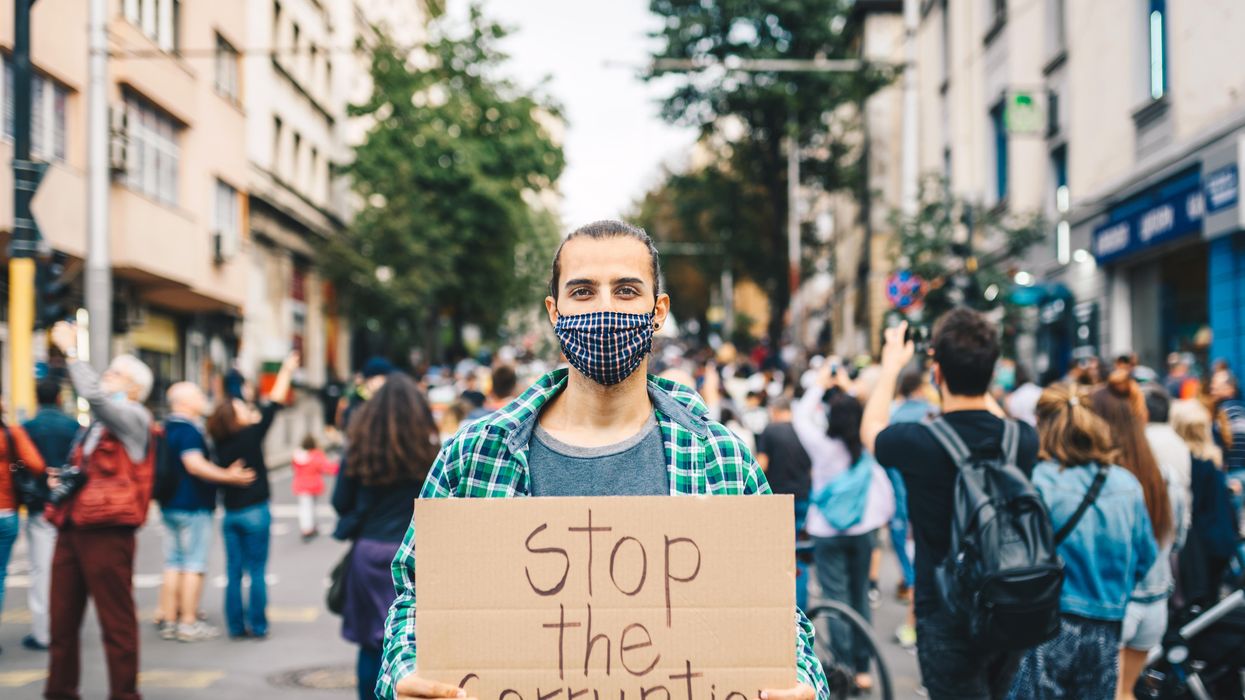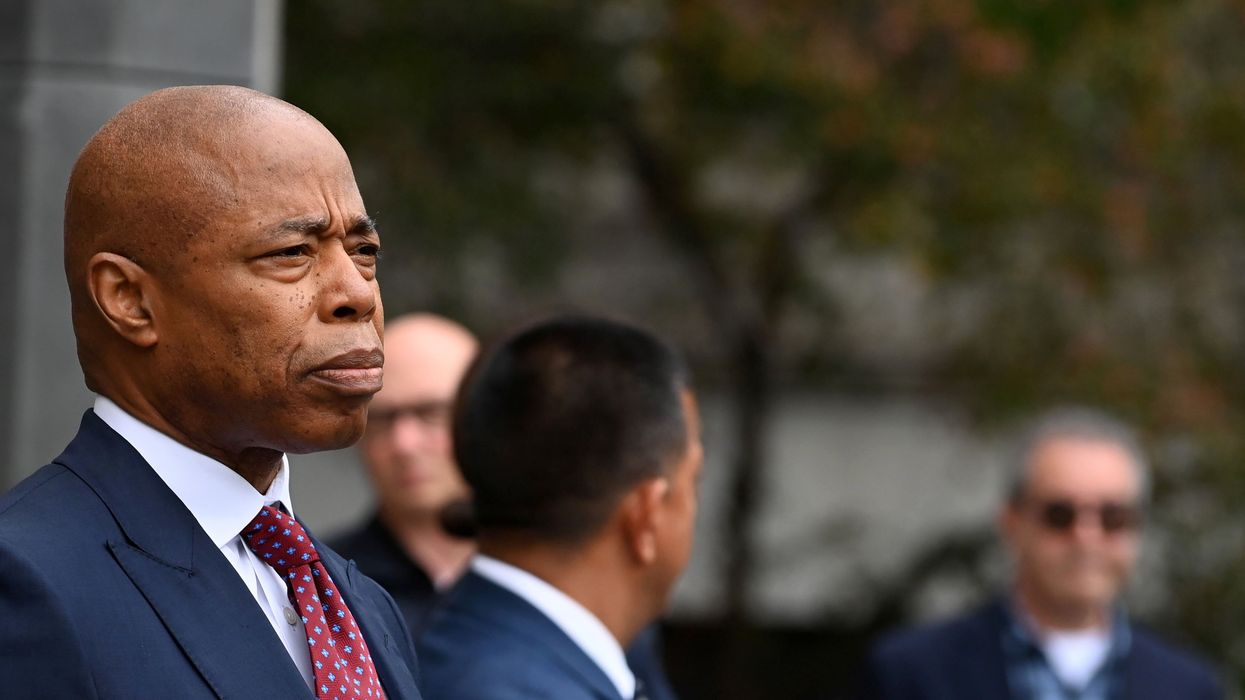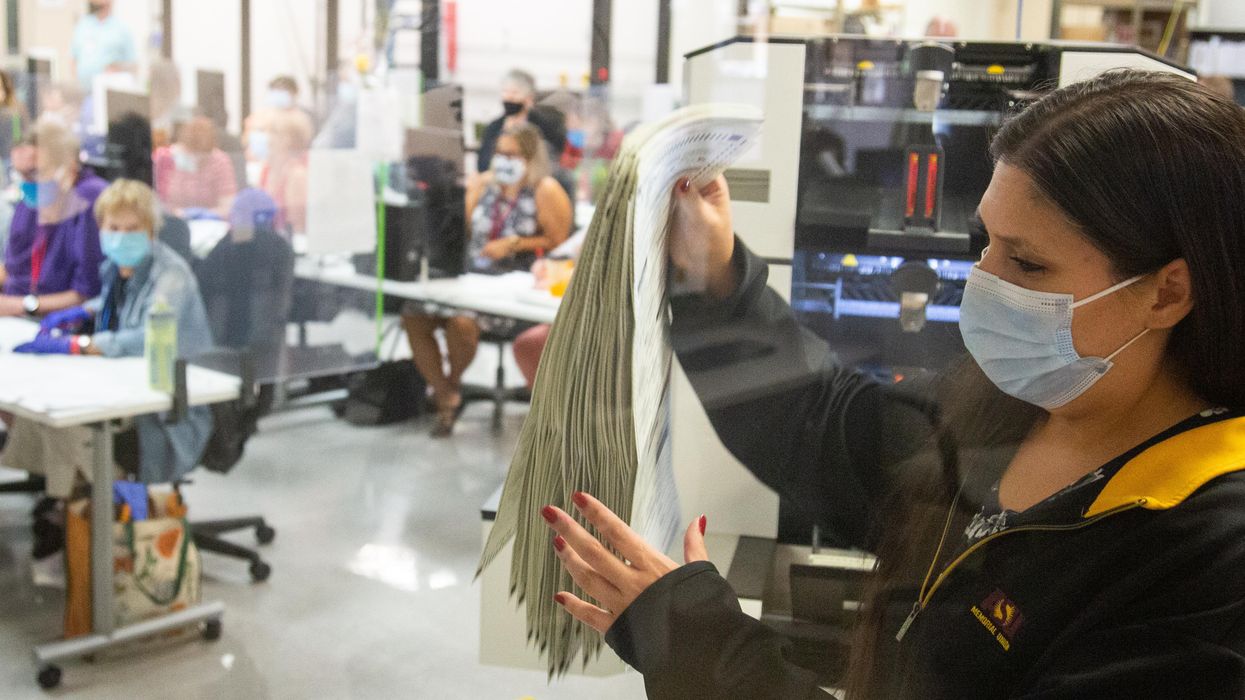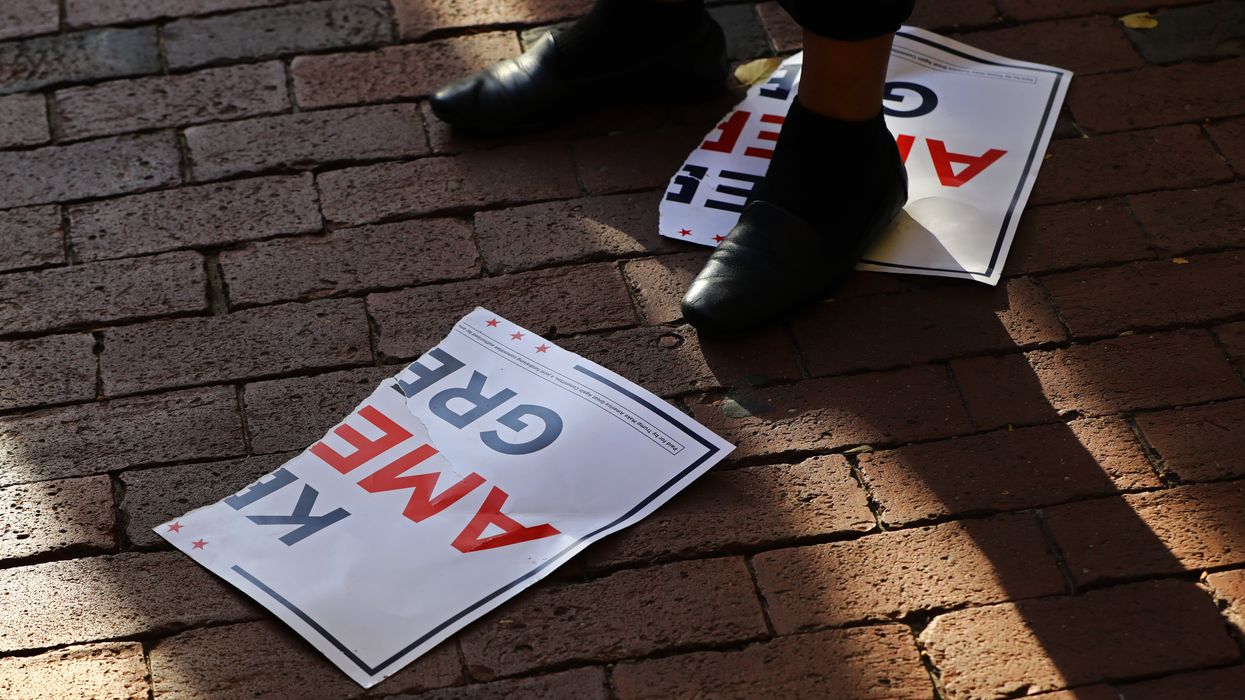Molineaux is co-publisher of The Fulcrum and president/CEO of the Bridge Alliance Education Fund.
Last week, we asked our readers and the larger community of the Bridge Alliance to give us your take on corruption. Specifically, we asked, “ Is all corruption equal? ” My quick take is yes, all corruption is equal. But the impact of corruption is not.
I have long held that as a society, we have allowed small corruptions to become normalized. Then when obvious or public corruption is revealed, we take corruption less seriously. We make excuses about “so-and-so is worse.” Small corruptions leave us dirty and slimy, but we quickly forget them and wash off the residue. These could be incidents of disrespect, where we could have spoken up or “forgot” to take out the trash because we just didn’t feel like it. Neither will have broad impact, and if our conscience is not easily pricked, what will we allow next? A personal growth training I once attended had a saying, “99.5 percent effort is hard, 100 percent is easy.” Why? Because if you make a 99.5 percent commitment, you’ll constantly be maneuvering the exception. If there are no exceptions, it’s easy. This is a good strategy for personal exercise plans, dieting and commitments to our ethics.
When it comes to corruption, I’m in the 100 percent category. In what feels like a previous life as a young adult, I was asked to take a lie detector at work. Some cash had gone missing and they brought in a specialist to test everyone who had access to the cash. During that process, I revealed I had taken candy bars that were stored near my desk before being put in the vending machine. Not many, maybe two or three over the course of a year. It was a small lapse in my ethics, a corruption of my values. What I learned about myself was that to live comfortably with myself, I needed to honor my values and act ethically. Always – 100 percent is easier.
Now I pause to re-examine my thoughts on corruption. Among the slew of responses we received, a handful stood out to me. These responses stood out because I had to stop and re-read them. Several times, in fact.
In brief, they were pointing out that my examples were about more than corruption. They were also about moralism, ethics and legality. Many examples were included and have expanded my thinking about corruption and how connected it is to other aspects of our lives today. I’ve taken the liberty of selecting the core of their responses.
About moralism and corruption, Bruce Jewell laid out a well-reasoned thought that false charges of corruption (akin to racism) are often used today to tar others arguments and the person taking a particular position. In the bridging community, we would call this demonizing the other. The accuser defines what is right and wrong as a means of taking or maintaining power. The accusation cleaves our connection to each other. He goes on to suggest an antidote:
The viewpoint that strengthens bonds between people and encourages compassion is “morality and ethics”: that behavior which enhances life and promotes compassion and empathy. This is a more challenging approach to understanding the content of a discourse in that it requires opening oneself to inquiry, understanding and thought.
Our country’s people are now deeply divided by various power elites who enhance their power through our division. One may well be appalled by some of the political groups now on the national stage or even the position that some of our friends may hold, but taking a firm moralistic stand will only deepen division and our troubles.
A truly moral position is a position that takes the war out of our words, unifies, seeks peace and proposes solutions to the problems facing us all.
In other words, we have to listen, care and think for ourselves, with consideration and good will for others. Another reader, Erik Olsen, points out:
It seems as though morality and ethics are taking a back seat to the ends justifying the means. For many of our institutions this appears to be the case. There is a decided lack of confidence in the honesty and integrity of government, law enforcement and the press. This leads to a belief that truth is in the eye of the beholder. And we are losing any source of defining arbiters of what is true, what is good.
Sometimes this problem is in individuals being unwilling to listen and consider their own biases. Other times it is the demonstrated dishonesty of the institutions we depend on.
It starts with us. Listen, think, challenge your beliefs, apply ethics and morals to your own decision-making.
Another respondent, Janet Basu, used examples from her community to make her point:
All corruption is the same. Yet some rises to another level of evil.
Take half a box of pencils from the office supply closet: Your colleagues run out of pencils unexpectedly and that sets back somebody's work day.
Take a bribe from a wealthy contractor: You have the power to make sure that the permit process for his next building project goes smoothly. Petty corruption corrodes.
Redevelopment of neighborhoods and placement of freeways have displaced communities. It may have been legal; the result is gentrification without representation.
A veneer of legality does not disguise the fact that extreme gerrymandering and extreme measures to make it more difficult to vote violate the intent of the Constitution. When vast amounts of money are spent to skew the vote, that is corruption writ large.
These kinds of corruption go beyond petty dishonesty or self-aggrandizement. All corruption is not the same when some types (of corruption) undermine society.
My take on corruption was summed up by Wayne Anson, who wrote, “Corruption breeds instability on all levels and quietly undermines peace and justice.”
I have become better at discerning corruption, ethics, morality and legality by listening to our community. This is the challenge for us all: Do the work to eliminate corruption from ourselves and our politics. Long live the republic if we do.




















